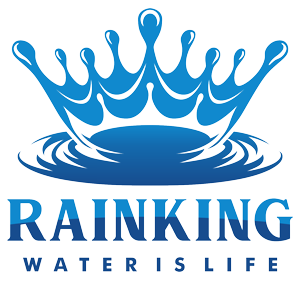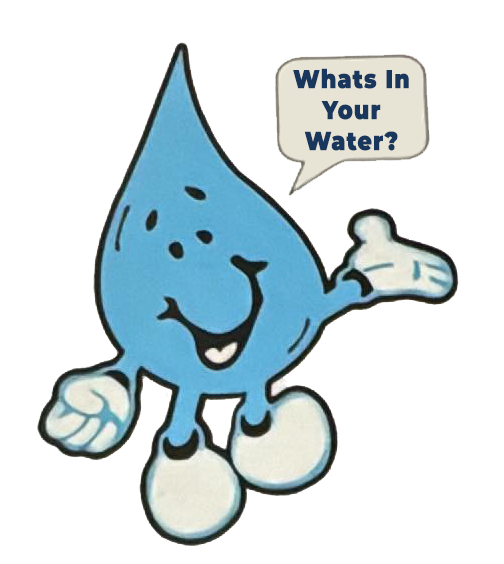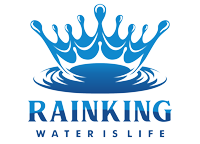Wbetz Payment Methods: Convenient and Secure Options for NL Players | Ultimate Guide
Payment Methods at Wbetz: Convenient and Secure Options Available for NL Players For Dutch players seeking a comprehensive betting platform, Wbetz stands out not only for its extensive game selection but also for its convenient payment options. To explore all the features, visit wbetz and discover how user-friendly their services are. Why Payment Methods Matter […]
Top Ranking Popularnych Gier Kasyna SlottyWay dla Polskich Graczy: Najlepsze Wybory
Ranking popularnych gier oferowanych przez kasyno SlottyWay dla polskich graczy W momencie, kiedy mówimy o kasynach online, Slottyway Logowanie staje się jednym z głównych tematów wśród polskich graczy. Dlaczego? To kasyno online oferuje szeroki wybór gier, które przyciągają zarówno nowych, jak i doświadczonych graczy dzięki swojej różnorodności i wysokiej jakości. Top Gry Wideo na SlottyWay […]
Odkrywanie mobilnego kasyna Supercat: funkcje i możliwości
Mobilne kasyno Supercat – możliwości i funkcjonalności Mobilne kasyno Supercat oferuje Supercat Casino No Deposit, co jest doskonałą okazją dla graczy, którzy chcą wypróbować platformę bez konieczności dokonywania wpłaty. To innowacyjne rozwiązanie zapewnia graczom możliwość eksploracji różnorodnych gier oraz czerpania radości z gry na urządzeniach mobilnych, gdziekolwiek się znajdują. Funkcjonalności mobilnego kasyna Supercat Supercat dostarcza […]
Water Filters: The Essential Tool for Emergency Preparedness
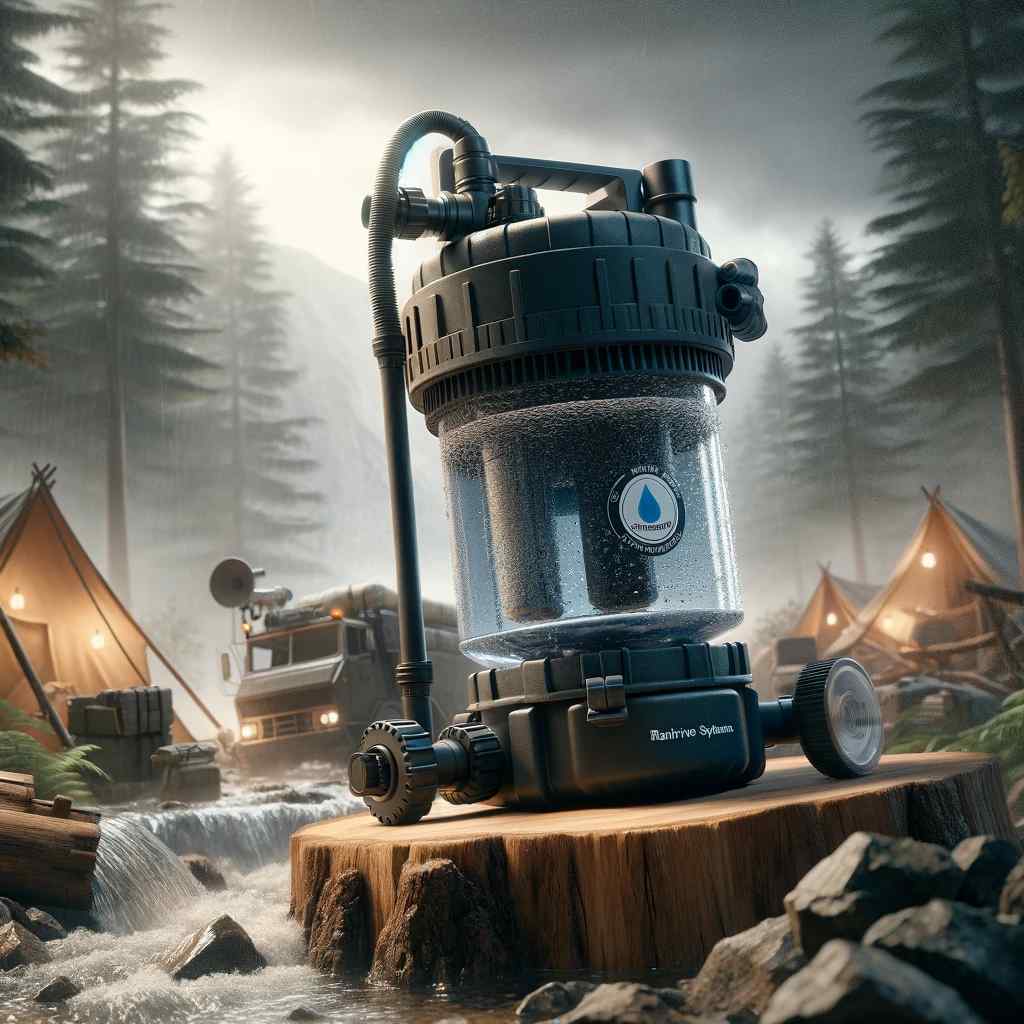
In today’s uncertain world, it’s more important than ever to be prepared for emergencies. Whether it’s a natural disaster or a global crisis, having the necessary tools and supplies can make all the difference in keeping you and your loved ones safe.
The Water Revolution: Unveiling the Future of Filtration Technology
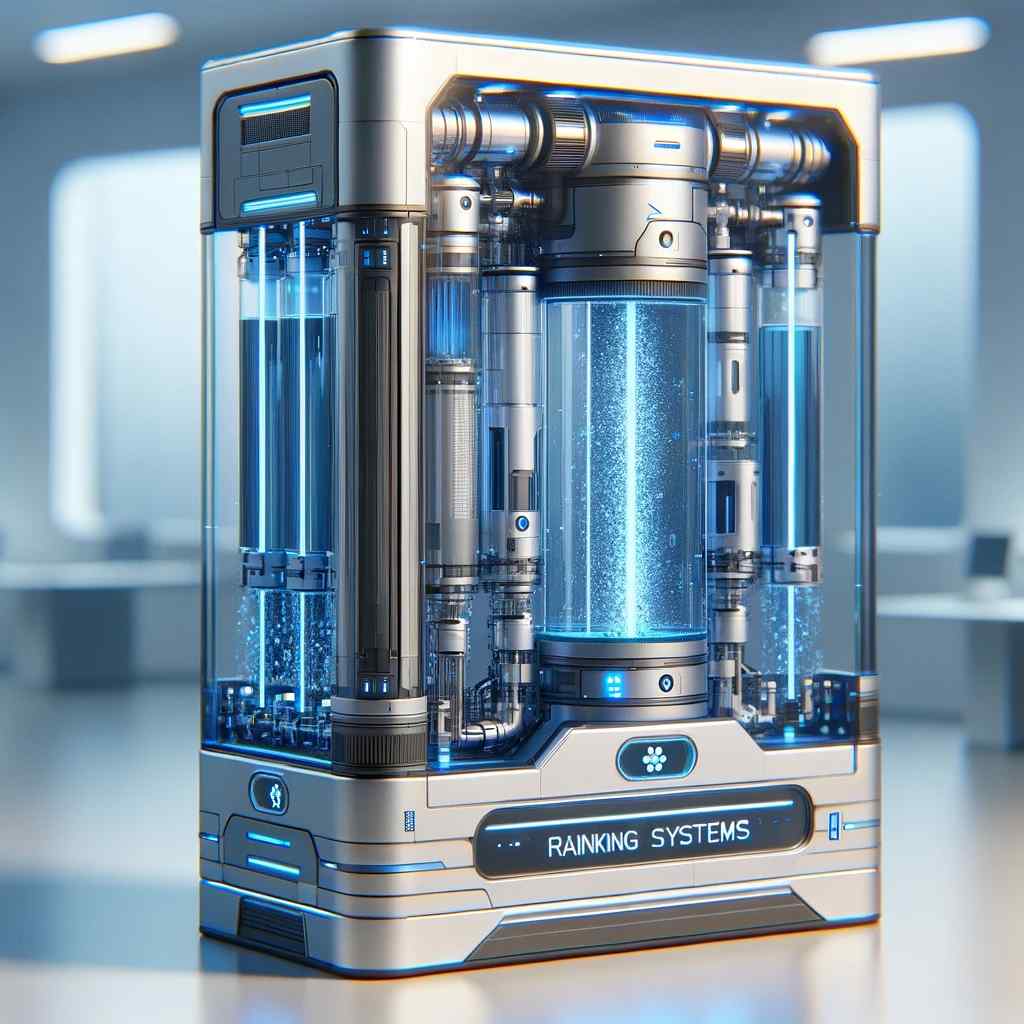
In a world where clean and safe drinking water is becoming increasingly scarce, the need for innovative filtration technology has never been more pressing.
Is Soft Water a Garden’s Delight

Soft Water and Plants: Is softened water good for your garden?
When it comes to maintaining a beautiful and thriving garden, there are many factors to consider – from providing adequate sunlight and soil nutrients to managing pests and weeds. But have you ever wondered about the impact of water quality on your plants’ health and growth? Specifically, what does soft water mean for your garden?
Water is crucial for plant survival, as it provides hydration, delivers essential nutrients, and supports photosynthesis. However, not all water is created equal. Depending on where you live, your water supply may be either hard or soft. While hard water contains minerals like calcium and magnesium, soft water has undergone a process to remove these minerals, resulting in a lower mineral content. But does soft water hold any benefits or potential drawbacks for your garden?
Before we dive into the fascinating relationship between soft water and plants, let’s first understand what soft water actually is. Soft water is typically achieved through a process called water softening, which involves the removal of excess minerals, such as calcium and magnesium ions, through ion exchange. This process helps reduce the buildup of limescale and soap scum in our pipes and appliances, making it easier to clean and promoting longer lifespan for our household items. However, the impact of soft water on plants is a completely different story.
Contrary to what you might expect, watering your garden with softened water may not always be the best choice for optimal plant health. Soft water lacks the beneficial minerals found in hard water, which can have important implications for your plants’ overall well-being. As we explore the relationship between soft water and gardens further, we will delve into the potential advantages and disadvantages of using softened water for plant irrigation. So, if you want to discover whether soft water is truly a garden’s delight or if there are hidden pitfalls to be aware of, keep reading to uncover the fascinating truth about soft water and plants.
Unlocking the Secrets of Water Hardness: Regional Maps and Softening Benefits
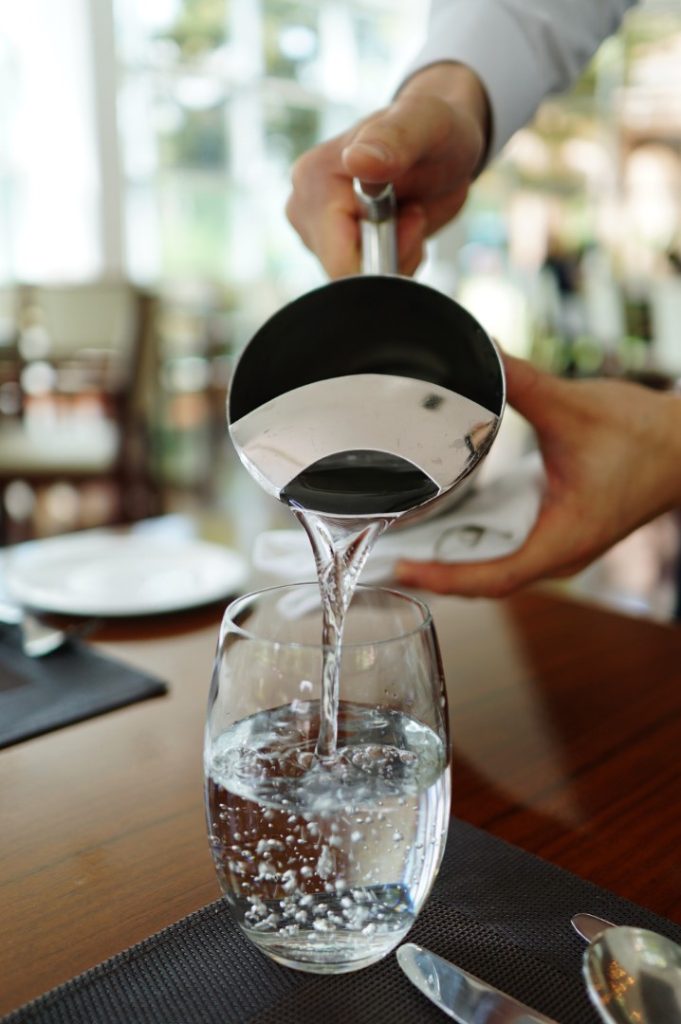
Water hardness is a topic that often goes unnoticed in our daily lives, yet it plays a significant role in many aspects of our household routines. Whether it’s doing laundry, washing dishes, or simply taking a shower, the quality of water can greatly impact our overall experience. But have you ever wondered why some areas have harder water than others? And what exactly does water hardness mean anyway?
In this captivating blog post, we will dive deep into the secrets of water hardness, uncovering the mysteries behind regional variations and exploring the incredible benefits of water softening. Prepare to be amazed as we unveil the fascinating world of regional water hardness maps!
When it comes to water, hardness refers to the concentration of minerals, primarily calcium and magnesium, within the liquid. These minerals naturally find their way into our water sources through underground rock formations and sediment deposits. The higher the concentration of these minerals, the harder the water becomes. But how does this knowledge benefit us on a practical level?
In our quest to make sense of water hardness, we will examine the concept through the lens of regional water hardness maps. These maps provide valuable insights into the specific levels of hardness in different areas, allowing us to understand the unique challenges faced by residents. From the shores of California to the heartland of America, each region has its own story to tell when it comes to water hardness.
Join us on this enlightening journey as we unlock the secrets of water hardness and discover the advantages of water softening. We’ll explore the diverse ways in which softening your water can improve your daily life, from extending the lifespan of your appliances to achieving cleaner and more vibrant clothing. So, get ready to embark on an adventure through the world of regional water hardness maps, where knowledge is power and softening is the key to unlocking a world of benefits.
Unveiling the Magic: From Calcium to Sodium – How Water Softeners Work
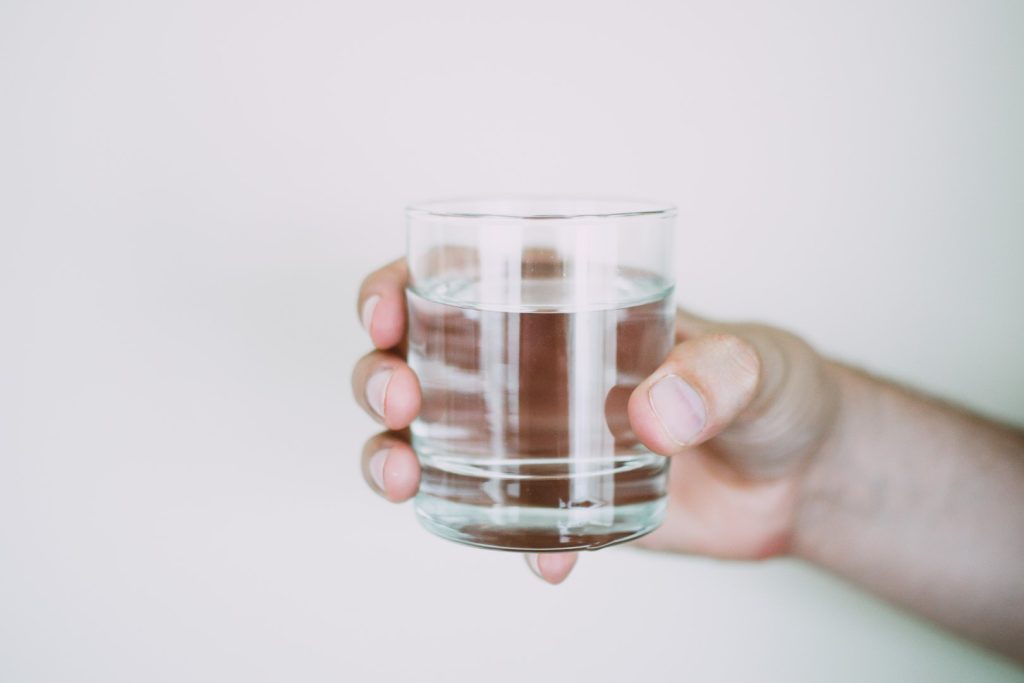
Have you ever wondered how water softeners work their magic, transforming hard water into soft and silky goodness? It’s a fascinating process that involves a little bit of chemistry, a touch of magic, and a whole lot of science. In this blog post, we will unravel the mystery behind water softeners and delve into the intricate journey from calcium to sodium.
Water softeners play a crucial role in improving the quality of our water, making it more pleasant to use and beneficial for our daily needs. But what exactly happens when hard water passes through these magical devices? How do they manage to remove those pesky minerals that cause limescale buildup and reduce soap’s effectiveness?
Get ready to embark on a captivating exploration of water softeners as we dive deep into the inner workings of these remarkable machines. From the moment hard water enters the softener, a series of ingenious steps are set in motion, ultimately leading to the removal of calcium and other mineral deposits, leaving you with gloriously soft water.
We’ll examine the different components of a water softener and explain how each one contributes to the overall process. Along the way, we’ll also reveal the extraordinary transformation from calcium to sodium, highlighting the key role it plays in water softening. So, whether you’re a chemistry enthusiast or simply curious about how your water is magically transformed, join us on this enchanting journey to uncover the secrets of water softeners.
Uncovering the Facts Behind Alkaline Water: Exploring the Potential Benefits and Risks
Our relationship with water is unshakable – it’s the foundation of every living creature, and a basic need to sustain life. Despite its significance, many of us do not take the time to consider which kind of water is best for our bodies. Recently, alkaline water has been gaining traction, touted as a healthier option than regular tap or bottled water. But does the research support these claims? It’s time to take a closer look at what this water really offers and uncover the facts behind alkaline water.
For those unfamiliar, alkaline water is water that has been treated with a process called ionization, which raises the pH level of the water. This water is said to have a positive effect on digestion, hydration, and overall wellbeing. Additionally, many believe alkaline water to be an effective antioxidant, claiming it can help counteract free radicals in our bodies.
But how much of this is based on fact? Many have called into question the validity of the supposed benefits of drinking alkaline water. On the other hand, there are those who swear by its effects, claiming greater energy levels and better digestion. With so much conflicting information out there, sorting out what’s true can be overwhelming. Let’s take a dive into this mysterious water and see what we can find.
Unlocking the Benefits of Health Care and Water: A Comprehensive Guide
A comprehensive guide on how to maximize health care and water benefits
Water and health care are two of the most essential resources in any society. They are both necessary for sustaining life and fostering growth, yet there is often a disconnect between their benefits and how we access them. We may know the importance of staying hydrated and getting regular medical check-ups, but do we really understand the different ways that these two fundamental resources can help us?
In this comprehensive guide, we will explore the many advantages of health care and water, from physical health to mental well-being. We’ll look at the biological processes that are maintained by proper access to these resources, as well as the positive economic outcomes associated with them. We’ll also discuss strategies for leveraging these resources in order to maximize their potential benefits. Finally, we’ll provide practical advice on how to ensure that everyone has access to the health care and water they need.
At the end of this article, you should have a better understanding of how health care and water can improve your life, as well as an appreciation for the impact of these resources on the world around us. It’s time that we unlock their full potential and use them to create a healthier and more equitable future.

